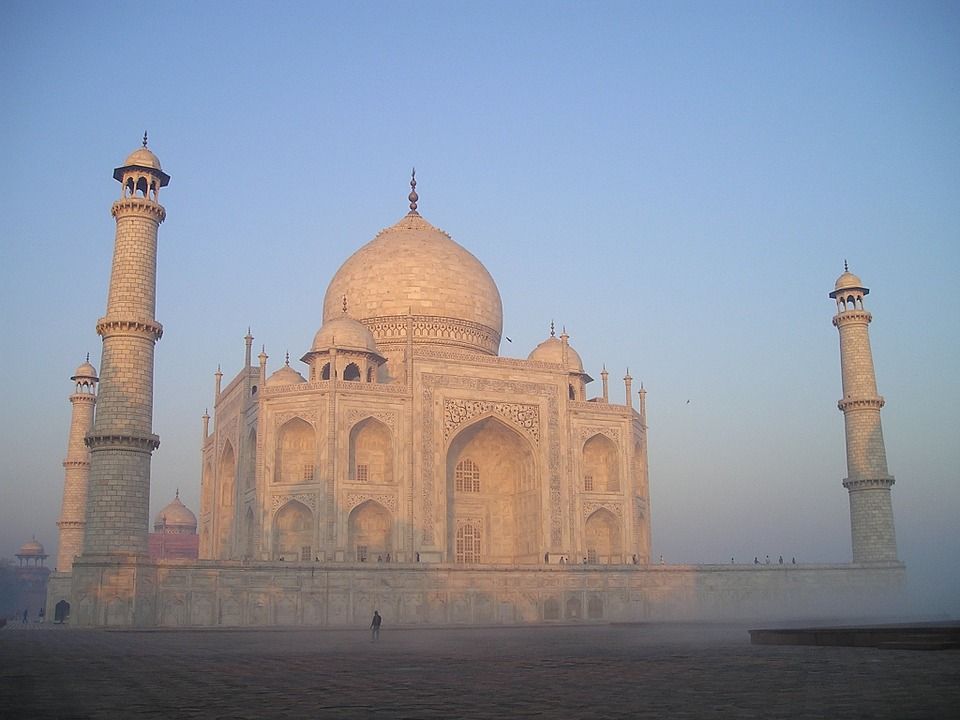The Danish government has announced plans to expand its official co-operation with India and Iran through sustainable urban development and patents regarding products.
To this end, the Foreign Ministry intends to deploy growth advisers to the two nations – as well as to new projects in China, Mexico, South Africa and Indonesia, where co-operative measures are already in full swing.
“The official co-operation and deployment of growth advisers has proven to be a very successful diplomatic tool,” said the foreign minister, Anders Samuelsen.
“I’m very pleased we can now expand out co-operation with India and Iran. They are two nations enjoying riveting economic development, but which face great challenges that we can help to overcome.”
READ MORE: Danish delegation eyeing closer ties with India
Lofty goals set
Samuelsen highlighted India’s massive challenge in providing water to its urban population, which is expected to number 800 million people by 2040.
Indian authorities have set aside 100 billion kroner to ensure their cities are more sustainable by 2040, and a goal has been set for sustainable energy to account for 15 percent of its energy supply by 2025.
Two growth advisers will be deployed to India – one focusing on sustainable urban development in co-operation with Aarhus Municipality and local Indian authorities, while the other will work within energy in tandem with the Energy and Climate Ministry.
READ MORE: Danish industry well placed to prosper in Iran
Trading up with Tehran
In the wake of international sanctions against Iran being repealed recently, Danish exports, political dialogue and university co-operation have been on the rise.
In collaboration with the Business Ministry, the Danish Patent and Trademark Office, and the Iranian authorities, the growth adviser will focus on patents and trademarks.
Aarhus will enter into a co-operation concerning urban development and city planning with the cities of Udaipur in India and Tshwane in South Africa, while Copenhagen will step up its association with Beijing.














